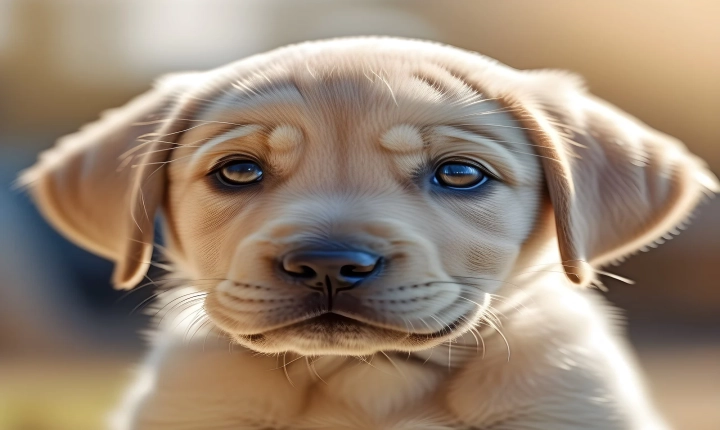Can AI Make Technology?
Artificial intelligence (AI) has been a hot topic in technology for several years now. The potential for AI to revolutionize various industries and aspects of our lives is widely recognized, but can AI itself be the driving force behind the creation of new technology? The short answer is yes, AI can and does make technology, and its impact is already being felt in a myriad of ways.
One of the most prominent ways in which AI is making technology is through the process of automated machine learning (AutoML). AutoML is the use of AI to automate the process of training and tuning a machine learning model, essentially allowing AI to build and improve upon its own systems. This has significantly lowered the barrier for entry into the field of machine learning, enabling individuals and small businesses to develop and deploy AI models without the need for extensive expertise in the field.
In addition to AutoML, AI itself has been used to create new technologies in various fields. For example, in the healthcare industry, AI is being used to develop diagnostic tools for detecting diseases and conditions such as cancer and diabetic retinopathy. In the field of robotics, AI is being applied to create more advanced and adaptable robots that can perform complex tasks in a variety of environments. In the transportation sector, AI is driving the development of autonomous vehicles that have the potential to revolutionize the way we travel.
Furthermore, AI is also playing a significant role in the creation of new software and user interfaces. Natural language processing (NLP) algorithms are being used to develop virtual assistants and chatbots that can understand and respond to human language. This has led to the development of AI-powered customer service solutions and intelligent personal assistants that can perform a wide range of tasks, from scheduling appointments to providing personalized recommendations.
The impact of AI on the creative industry is also noteworthy. AI algorithms are being used to create art, music, and literature, leading to the emergence of entirely new forms of creative expression. For example, AI-generated music compositions and art pieces have gained popularity, demonstrating the potential for AI to contribute to the creative landscape.
However, alongside the potential for AI to make technology, there are also concerns about the ethical and societal implications of AI-driven technology creation. There are ongoing debates about the impact of AI on the job market, as automation and AI-driven technologies may lead to the displacement of certain job roles. Additionally, there are concerns about the potential misuse of AI and the need to ensure that AI-driven technologies are developed and used responsibly.
In conclusion, AI can and does make technology, and its impact is already being felt across various industries and aspects of our daily lives. From AutoML to the development of advanced diagnostic tools, autonomous vehicles, and creative works, AI is driving the creation of new technologies. However, it is important to consider the ethical and societal implications of AI-driven technology creation and ensure that AI is used responsibly and for the benefit of society as a whole. As the field of AI continues to evolve, its impact on technology creation is likely to grow even further, shaping the future of innovation and technological advancement.
